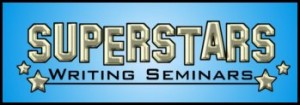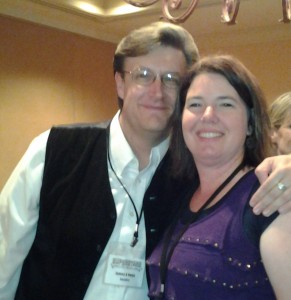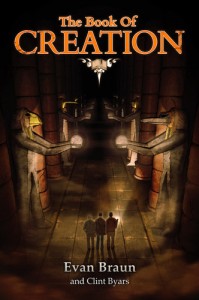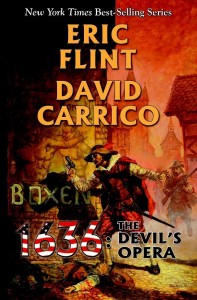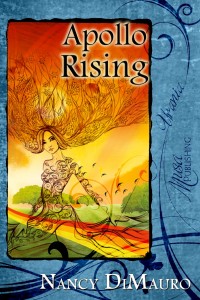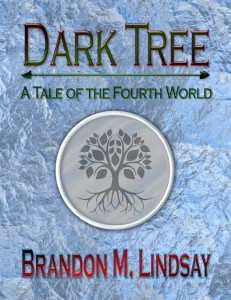I “discovered” Science Fiction and Fantasy later than you might think. Sure, I read all the Dr. Seuss books, Magic Elizabeth that included a doll who may or may not be magic, and The Bridge To Terabithia, and loved its magic. I read the Lord of the Rings series and The Hobbit as a hand-me-down book from my brother. I read Vonnegut as a hand-me-down book from my father. In fact, I still have most of those early Kurt Vonnegut books on my shelf.
But when high school rolled around, I fell out of love with fantasy. Why? Well, my brother is six years older than I am, and I definitely had younger sibling syndrome. Paul read Stephen King so in sixth grade I picked up my first Stephen King novel – Carrie. I read almost exclusively horror (I made exceptions for the Star Wars books – little knowing that I would one day be friends with a number of those writers) until my sophomore year of college. I think I read every vampire story published at the time, and those vampires weren’t ones you wanted to take home and cuddle.
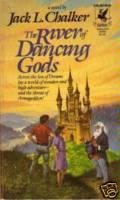 I wrote until my sophomore year in high school. By then I had written a novel to help me move beyond some bad things in my life., and four fan fiction – Battlestar Galactica and A-Team – romance novels. Yes. Dirk Benedict was dreamy. Le sigh!
I wrote until my sophomore year in high school. By then I had written a novel to help me move beyond some bad things in my life., and four fan fiction – Battlestar Galactica and A-Team – romance novels. Yes. Dirk Benedict was dreamy. Le sigh!
Anyway . . . Campfire of America had published one of my short stories. Writing and drawing was part of who I was. But after a bad experience with my then English teacher (which is a topic for another day), I gave up writing. After all, an adult – my English teacher even – had told me that I couldn’t do this.
So, fast forward four years. That college summer I was fortunate enough to work at Bush Gardens, Williamsburg in its Live Entertainment Department. What does that mean? I worked in the theatre running a spot light. One of my friends there was an avid fantasy reader. There’s a lot of downtime between shows. So, he started lending me books. The first one was The River of The Dancing Gods by Jack L. Chalker. If you don’t know the series, it’s well worth checking out. In brief though, Joe, a truck driver, picks up Marge, a hitchhiker. Throckmorton P. Ruddygore–a stranger who met them on a road that wasn’t there–tells them they have 19 minutes before they die in a car accident or, they can come with him to another world over the Sea of Dreams. They chose to go with Throckmorton and get to chose their new forms from, essentially, the Dungeons and Dragon class list. Then things get interesting. From there I dove into Terry Pratchett’s DiskWo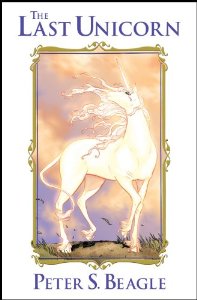 rld – The Light Fantastic and The Color of Magic.
rld – The Light Fantastic and The Color of Magic.
The other thing that happened that year to reintroduce me to the fantasy genre was I watched The Last Unicorn by Peter Beagle on VHS. For lots of reasons that story became very important to me. When I was checking out the fantasy novels from the Williamsburg, VA public library, I found The Last Unicorn as well. While it’s not my favorite Peter Beagle book – that distinction goes to A Fine and Private Place-, it and River of the Dancing Gods were the one changed how I thought about fantasy novels. Not only could these novels entertain, but they had meaning outside the pages. They could touch the heart and change lives.
I was lucky enough to purchase some of the original animation cels from the movie version of The Last Unicorn from Ebay and other sites. When we moved into our current house almost 13 years ago, I used those cells to paint a mural from the cel of the unicorns running on my sons’ bedroom wall. It was a bit heart breaking 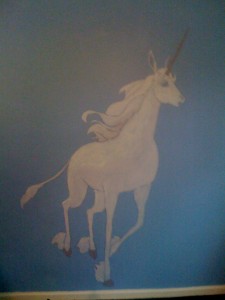 when they were no longer “babies” and we had to paint over the unicorns.
when they were no longer “babies” and we had to paint over the unicorns.
Still, it took me some time before I started thinking, “I can do that” again. But the desire to write again took root. I’d find myself day dreaming about worlds that didn’t exist anywhere except my head. While I had a job offer from Bush Gardens for the next summer, I had to turn it down because Mom had moved to Florida for a job needed surgery which would render her somewhat helpless for a few weeks, and Dad’s job kept him in Massachusetts. As life worked out, Dad quit his job and moved to Florida so my help became unnecessary. Dad’s move did let me take the evening shift at Universal Studios, which had just opened. I think I read every science fiction and fantasy book in the Dr. Phillips branch of the Orlando public libraries that summer. Slowly, I was putting together my fantasy world from bits I liked in this story or that one and what I didn’t without even knowing it. To write in any genre, you have to read extensively. Both inside your genre and outside it. I was doing my research.
It would take years after that summer of Dancing Gods and Last Unicorns before the seeds planted burst into a riot of colors, and I would start writing again. My first magician born a strong resemblance to Schmendrick. My first heroine confronted the same lies to herself that Marge did – what you said you wanted to be versus what you knew in your heart you were.
When I look back and ask myself why I’m a writer, I always come back to that summer in Williamsburg. The epiphany from it was slow in coming, but it did come.

